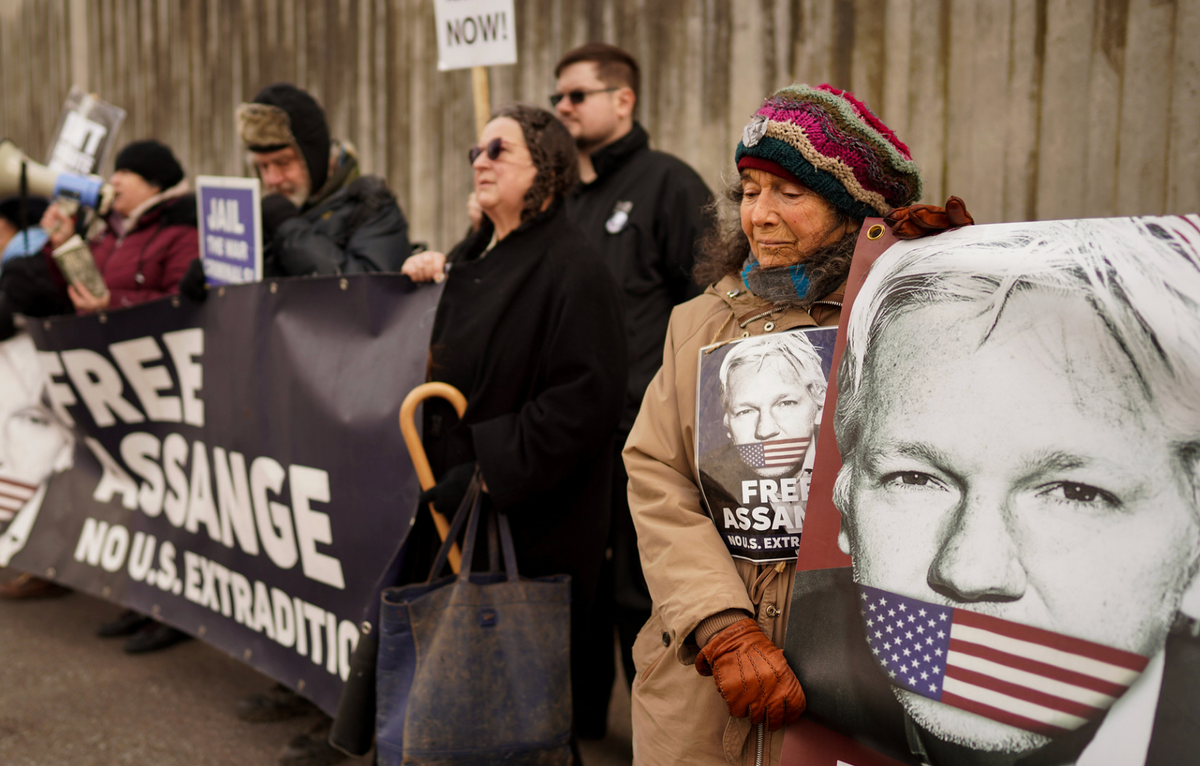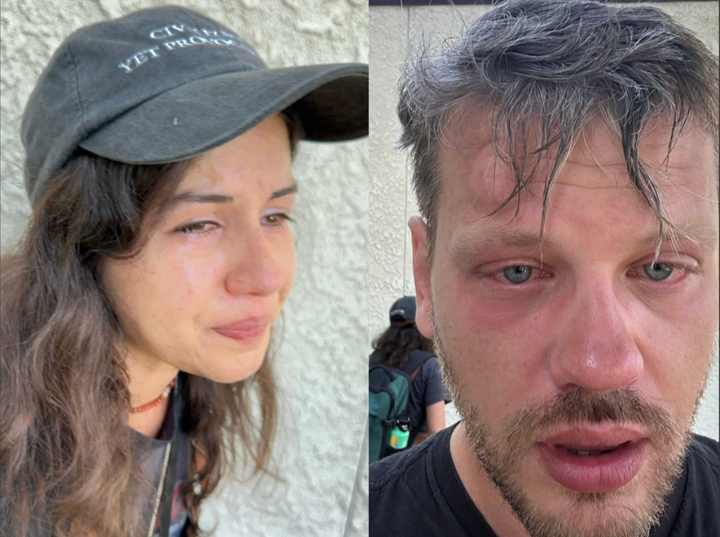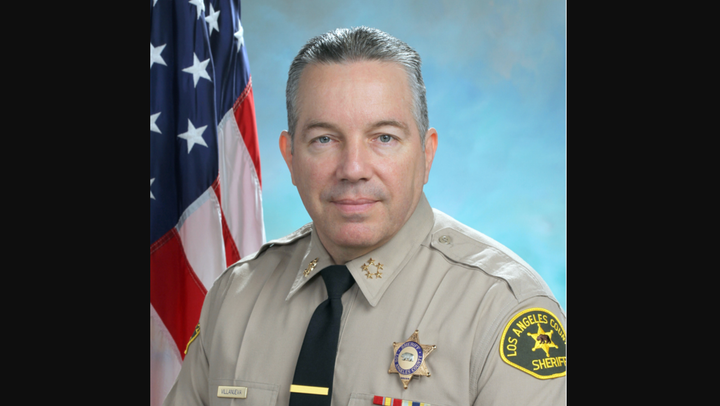From Prison, Assange Expresses Regret That WikiLeaks Can No Longer Expose War Crimes
"WikiLeaks is no longer able to expose war crimes and corruption as in the past," according to WikiLeaks founder Julian Assange

Support independent journalism on press freedom, whistleblowers, and government secrecy. Become a subscriber of The Dissenter today.
Journalist Charles Glass visited WikiLeaks founder Julian Assange at His Majesty’s Prison Belmarsh in London, where he has been jailed for over four and a half years as the United States government pursues extradition.
In a report for The Nation on his prison visit, Glass asked Assange about Russia’s invasion of Ukraine and Israel’s assault and siege on Gaza. “Now is an important time for whistleblowers to send documents to WikiLeaks.”
However, Assange shared his regret that “WikiLeaks is no longer able to expose war crimes and corruption as in the past.” He believes that the U.S. government’s war on WikiLeaks has had a considerable impact in convincing whistleblowers to steer clear of submitting documents to the organization. Assange is also afraid that “other media outlets are not filling the vacuum.”
Assange faces 18 criminal charges in the U.S., 17 of which fall under the country’s Espionage Act. All of the charges involve the publication of classified documents from the U.S. government in 2010 and 2011.
The U.S. government has lumped in WikiLeaks with Russia, China, Iran, North Korea, and various terrorist groups. A counterintelligence strategy document signed [PDF] by President Donald Trump in 2020 singled out “ideologically motivated entities, such as hacktivists, leaktivists, and public disclosure organizations” as “significant threats.”
Crown prosecutors, who insist that Assange should be extradited for engaging in acts of journalism, cast WikiLeaks as a criminal enterprise in the “business of encouraging individuals to hack into computers.”
“WikiLeaks’ very purpose and design was to recruit persons to break the law—by circumventing classification restrictions and computer and access restrictions,” according to prosecutors.
Glass himself experienced firsthand the lengths that the U.S. would go to render WikiLeaks inoperable. He is one of four Americans who sued the CIA for targeting them when they visited Assange while he was living under asylum in the Ecuador embassy in London.
Under CIA director Mike Pompeo, the agency labeled WikiLeaks a “non-state hostile intelligence service.” Treating WikiLeaks as a rival spy service enabled the CIA to mount “offensive counterintelligence” operations free of any oversight.
Actions undertaken, as Yahoo! News reported in 2021, included the targeting of WikiLeaks’ “digital infrastructure.” Agents had a green light to provoke “internal disputes within the organization by planting damaging information.” Sources further alleged that the CIA was allowed to steal the electronic devices of WikiLeaks staff, and that agency officials allegedly sketched out plans to kidnap or poison Assange.
Glass’ prison visit before Christmas was the first time that he had seen the former WikiLeaks editor-in-chief at Belmarsh. He last visited Assange six years ago.
“You’re pale,” Glass told Assange. And with a “mischievous smile,” Assange joked, “They call it prison pale.”
The report from Glass further elaborated on Assange’s health. “His paleness is best described as deathly,” and the reason he looks so unwell is because he has not seen the sun since he was transported to the prison on April 11, 2019.
“Warders confine him to a cell for 23 out of every 24 hours. His single hour of recreation takes place within four walls, under supervision,” Glass added.
The food that is available at Belmarsh consists of “porridge for breakfast, thin soup for lunch, and not much else for dinner.”
It is difficult for prisoners to obtain healthy food, even during time with visitors. Glass tried to buy Assange a sandwich, but the booth that sells food and drinks to visitors was all out of sandwiches.
“Julian had thought prison meant communal meals at long tables, as in the movies,” Glass recalled. “Belmarsh’s warders shove the food into the cells for prisoners to eat alone. It is hard to make friends that way. He has been there longer than any other prisoner apart from an old man who had served seven years to his four and a half.”
The prison let Assange have a radio only after Glass was prepared to publicize the fact that Hezbollah allows hostages to have radios.
Assange was only allowed 12-15 books in the first year that he was in prison, and administrators will no longer allow Assange to receive books from visitors.
That may seem like further cruelty on the part of Belmarsh. But over time the prison has given in to Assange’s request to keep a library. He actually has 232 books, a small victory as the WikiLeaks founder continues to fight for his freedom.




Comments ()